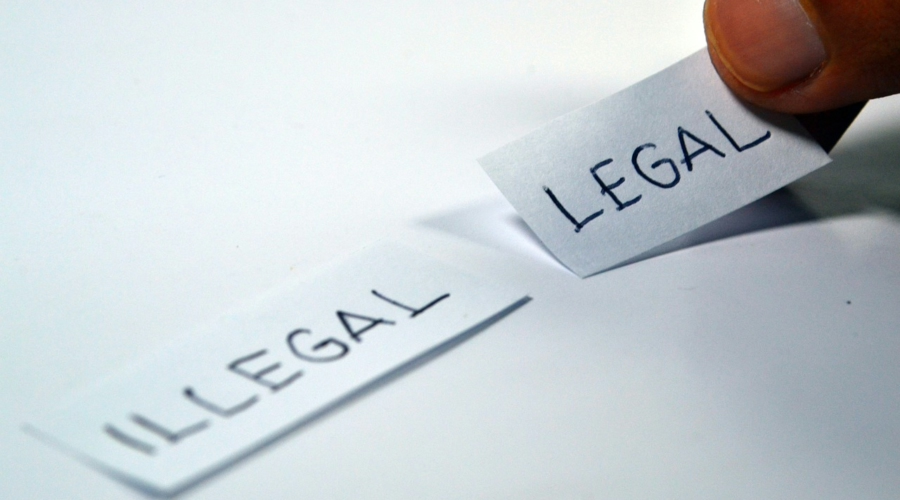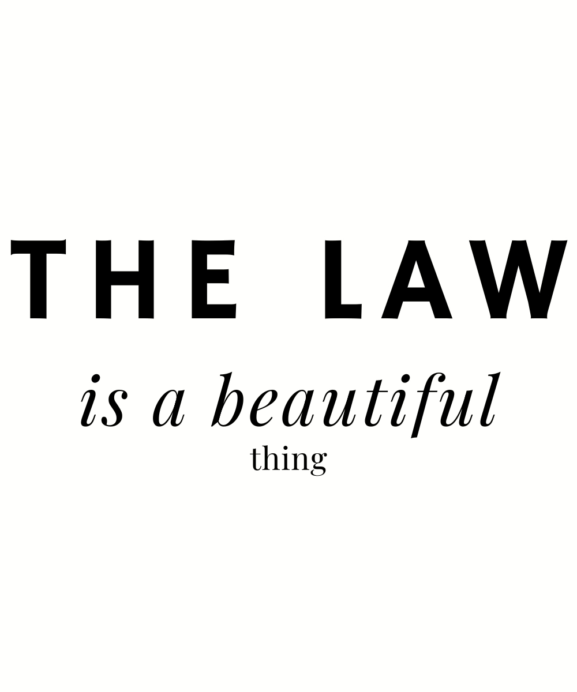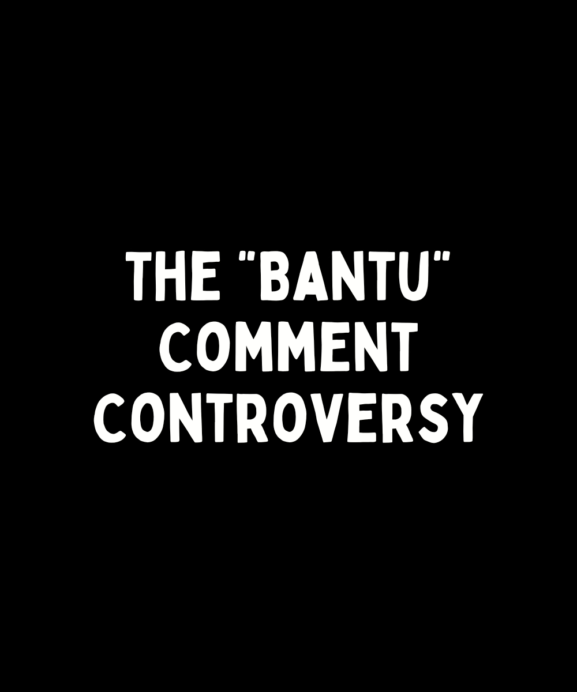Big Win for Landlords in Hopefield Court
But Does It Stand Up to Legal Precedent?
In what can only be hailed as a monumental win for landlords, the Hopefield Regional Magistrates Court recently handed down a decision that could have ripple effects across property disputes in South Africa. The case, argued by local attorney Andre Maree, saw Magistrate CL Page dismiss an application brought by tenants seeking to make an interim spoliation order final. This ruling is bound to have been celebrated as a decisive victory for property owners, reinforcing their rights in tenant disputes.
But is it really a win for the law—or just a win for the landlords?
The Case: Hopefield Landlords vs. Tenants
The tenants filed for a spoliation order after municipal services to their property were disconnected, claiming their peaceful and undisturbed possession was unlawfully violated. The landlords, represented by Andre Maree, countered by stating they had not instructed the Saldanha Bay Municipality to disconnect services, citing financial constraints that left them unable to pay the municipal account.
Magistrate Page accepted this defense, ruling that because the landlords did not instruct the disconnection, the interim spoliation order could not be made final. The tenants’ application was dismissed, signaling a significant victory for the landlords and their legal representation.
What This Ruling Means for Landlords
The Hopefield court’s decision could offer landlords a strategic foothold in disputes involving municipal services and tenant possession. While the case was specific to spoliation, the ruling implies that landlords may be able to avoid direct accountability for service disconnections initiated by municipalities. This decision suggests a potential legal argument for landlords navigating contentious situations with tenants:
- Indirect Responsibility: If landlords can successfully argue that they did not explicitly instruct service disconnections, they might evade liability for such actions, even when non-payment of accounts stems from their obligations.
- Legal Cover for Non-Payment Issues: The case highlights the possibility of shifting blame to third parties, such as municipalities, when disputes arise over municipal accounts or services, potentially complicating tenants’ ability to claim unlawful spoliation.
- Erosion of Tenant Protections: If similar rulings gain traction, tenants may face an uphill battle in proving unlawful deprivation of possession, especially in cases where disconnections are executed by third parties acting on broader financial disputes.
However, landlords should tread cautiously. The higher court precedent in Bisschoff & Others v Welbeplan Boerdery (Pty) Ltd emphasizes that possession cannot be disturbed without consent, and indirect actions may still fall under scrutiny depending on the specifics of the case.
A Victory Tempered by Legal Precedent
While this ruling has been celebrated in landlord circles, a closer look at established legal precedent offers a sobering perspective. The Supreme Court of Appeal (SCA), in its landmark judgment in Bisschoff & Others v Welbeplan Boerdery (Pty) Ltd [2021], laid out the trite requirements for spoliation:
- Peaceful and undisturbed possession of a thing
- Unlawful deprivation of such possession
The SCA further clarified that for a spoliation order to be granted, there must be unlawful spoliation—a disturbance of possession conducted without the consent and against the will of the possessor.
In light of this precedent, questions arise about the Hopefield court’s interpretation of the landlords’ role in the disconnection of services. If possession was disturbed—whether directly or indirectly—was the ruling consistent with the SCA’s established test for spoliation? And can a landlord truly disown responsibility for a municipal action when it arises from unpaid accounts tied to their property?
Food for Thought
While the Hopefield ruling seemingly brings relief for landlords, it invites a broader conversation about judicial consistency and adherence to precedent. The SCA’s clarity on spoliation sets a high bar for ensuring that unlawful possession disturbances are addressed, regardless of technicalities surrounding indirect involvement.
The question for the legal community is this: Does the Hopefield decision bolster property rights—or does it risk undermining the fundamental principles of justice outlined by higher courts?
Legal Context for My Right to Publish
Under South African law, freedom of expression is protected by:
- Section 16 of the Constitution of South Africa (1996): Guarantees the right to freedom of expression, including the freedom to receive and impart information.
- Promotion of Access to Information Act (PAIA), 2000: Supports the right to access public information necessary to exercise or protect rights.
- Magistrates’ Courts Act, 1944: Ensures court judgments are public unless expressly restricted.
- Open Justice Principle: Affirms that court proceedings and rulings are part of the public record, safeguarding transparency and accountability.
This publication falls firmly within these rights, emphasizing transparency, accountability, and open discourse in matters of public and judicial interest.
#LandlordVictory #HopefieldCourt #RealEstateNews #LegalLandscapes #SouthAfricaLaw #PropertyManagement #LandlordRights #TenantDisputes #BreakingNews #LegalPrecedent


